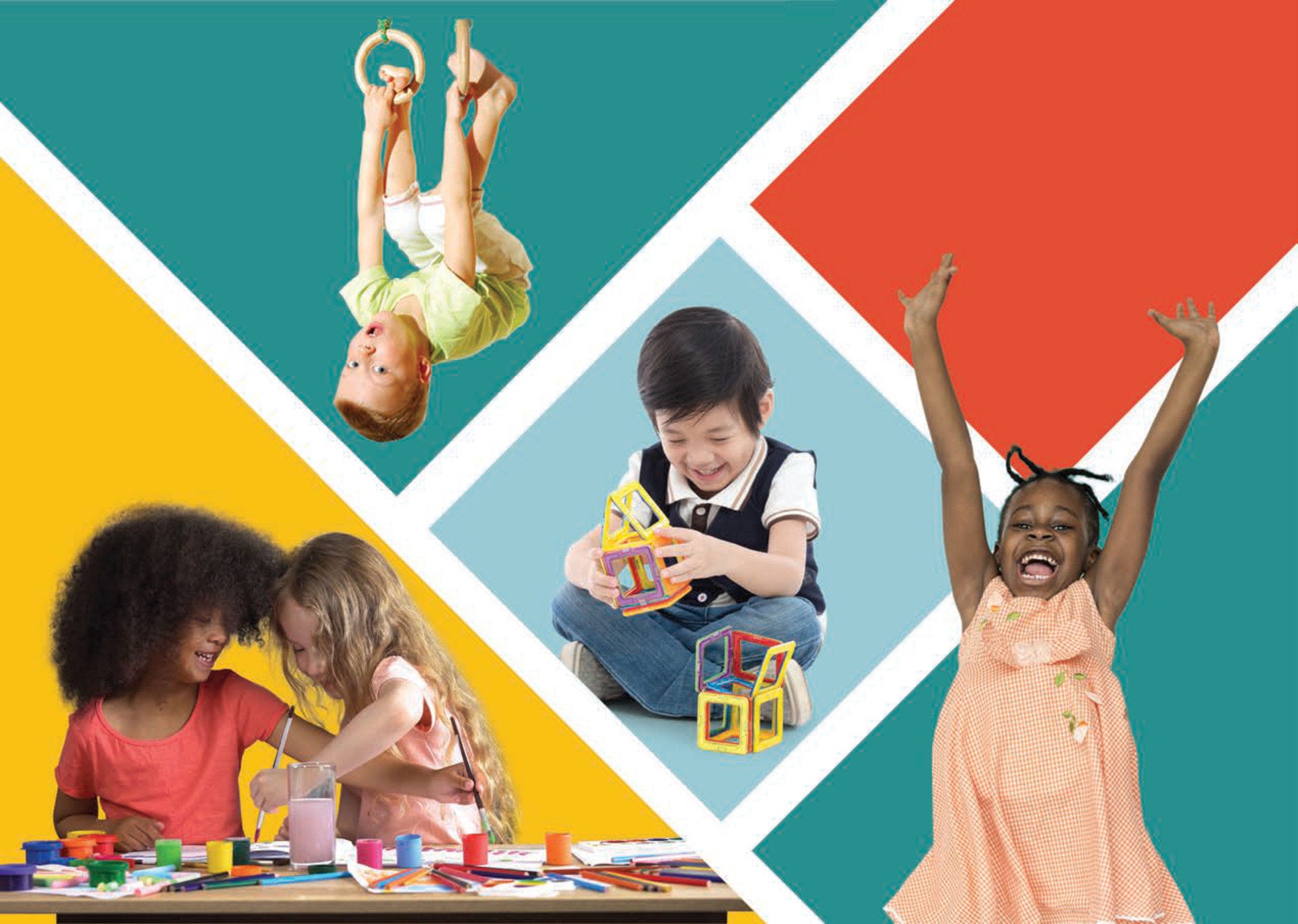The earliest years of a child’s life are a period of great opportunity and great vulnerability. Children are learning faster than at any other time in their lives, building the foundations for their future cognitive and social-emotional development. Without a strong early foundation, it is harder for children to build advanced cognitive and social-emotional skills. Education systems wishing to achieve a substantive change in student outcomes are well advised to increase their focus on the quality, responsiveness and effectiveness of their early years policies.
The International Early Learning and Child Well-being Study (IELS) puts a spotlight on how children are faring at five years of age. The study directly measures key indicators of their learning, as well as collecting a broad range of developmental and contextual information from their parents and teachers. The study focuses on those aspects of early development and learning that are predictive of children’s later education outcomes and wider well-being. These are: emergent literacy and emergent numeracy, self regulation, and social-emotional skills.
Three OECD countries participated in this study: England (United Kingdom), Estonia and the United States. They each participated to enhance the body of international evidence available to policy makers, education leaders, practitioners, and parents on children’s early learning outcomes. The study provides each country with information on their children’s earliest years in order to inform decision making.
The results from IELS are presented in four reports: an international report and an in-depth report on each of the three participating countries. This volume focuses on the findings for the United States.
